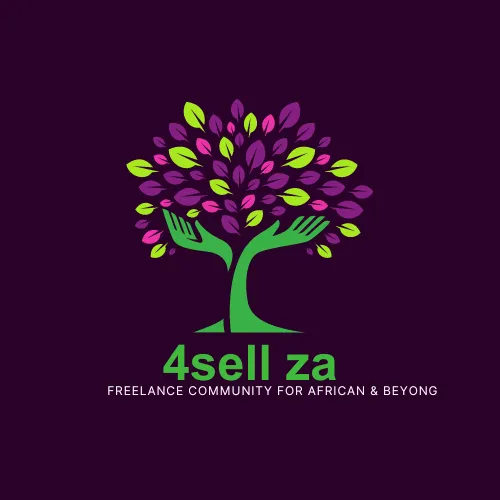3 min read Cryptocurrency vs. Traditional Banking: Why You Should Consider Making the Switch

In recent years, cryptocurrencies have been gaining traction as an alternative to traditional banking systems. Bitcoin, Ethereum, and other digital currencies have become household names, with many investors seeing them as a more secure and efficient way to store and transfer money. But what exactly sets cryptocurrency apart from traditional banking, and why should you consider making the switch?
Cryptocurrency operates on a technology called blockchain, which is a decentralized and transparent ledger system. This means that transactions are recorded on a public database, making them secure and tamper-proof. In contrast, traditional banking relies on centralized institutions like banks and governments to oversee transactions, which can be vulnerable to hacking and corruption.
One of the main advantages of cryptocurrency is the ability to provide financial services to individuals who may not have access to traditional banking systems. With a crypto wallet and an internet connection, anyone can send and receive money without the need for a bank account. This is particularly important in regions with limited banking infrastructure or high fees for money transfers.
Cryptocurrency trading has also become a lucrative investment opportunity for many individuals. Cryptocurrencies can be bought and sold on exchanges, similar to stocks and bonds, and offer the potential for high returns. Additionally, the market is open 24/7, allowing investors to trade at any time of day.
ICOs, or initial coin offerings, have become a popular way for startups to raise funds by issuing their own digital tokens. This has democratized the investment process, allowing anyone to invest in early-stage companies and potentially reap the benefits of their success. DeFi, or decentralized finance, has also emerged as a way to provide traditional financial services like lending and borrowing without the need for intermediaries.
Cryptocurrencies are not without their risks, however. The market is highly volatile, with prices fluctuating dramatically in a short period of time. This can lead to significant gains, but also substantial losses. Additionally, the lack of regulation in the cryptocurrency space can make it a target for fraud and scams.
Despite these risks, many individuals are still drawn to the potential of cryptocurrencies. The ability to send money across borders quickly and cheaply, the potential for high investment returns, and the innovative technology behind blockchain are all driving factors for the growing popularity of digital currencies.
For those considering making the switch from traditional banking to cryptocurrency, there are a few things to keep in mind. It's important to research and understand the market before investing, as well as take steps to secure your digital assets with a hardware wallet or secure exchange platform. Additionally, staying informed about regulatory developments and market trends can help you make informed decisions about your investments.
In conclusion, the rise of cryptocurrency has challenged the traditional banking system and provided individuals with new opportunities for financial empowerment. While there are risks involved, the potential benefits of cryptocurrencies are hard to ignore. Whether you're interested in trading, investing, or simply exploring the world of digital currencies, making the switch from traditional banking to cryptocurrency could open up a world of possibilities for your financial future.














